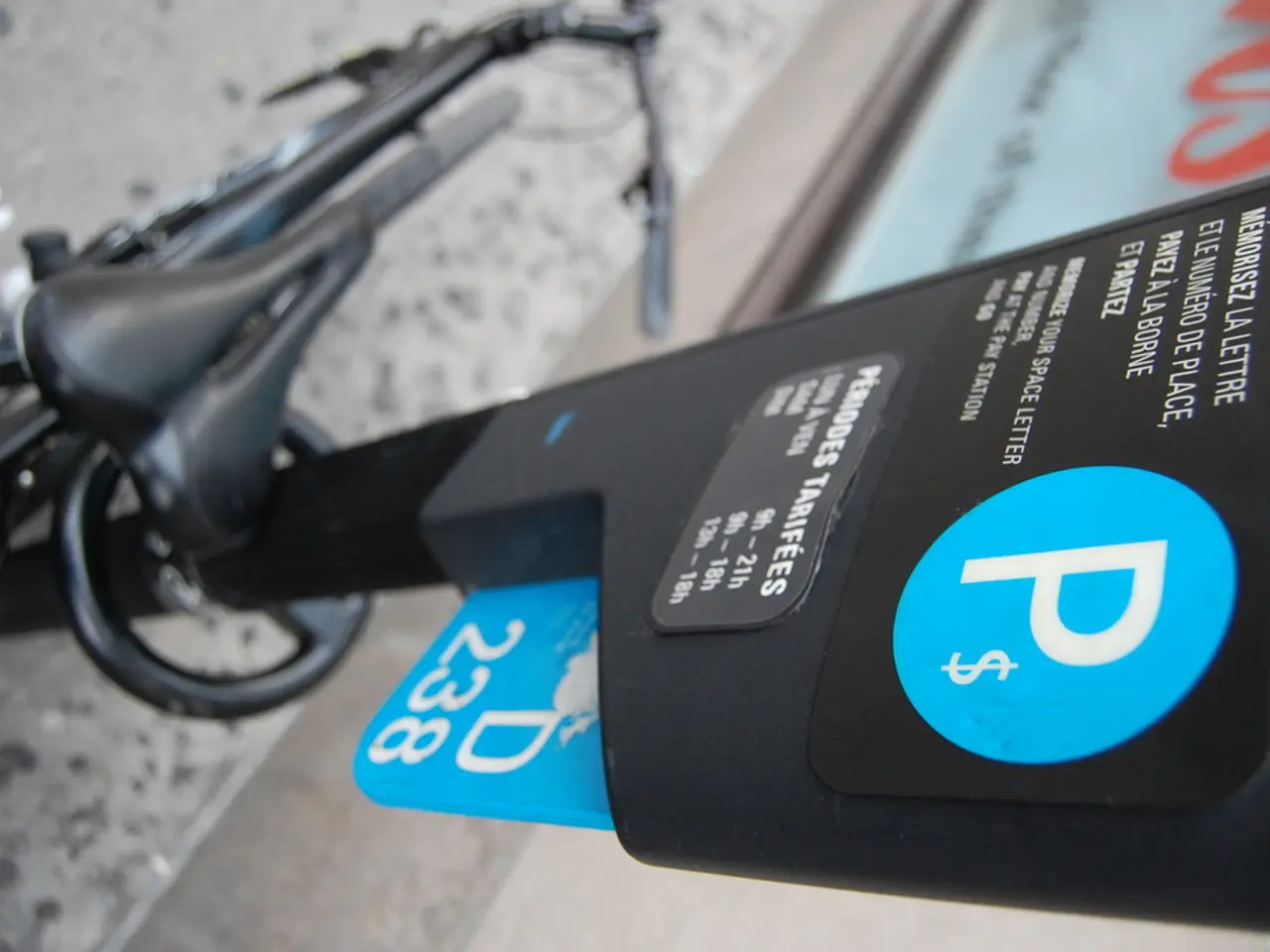Thyssenkrupp Sets Sails: Marine Division Heads for Frankfurt Stock Exchange; CEO Lopez Hangs Tight and Pushes "Green Steel"
Thyssenkrupp persists in maintaining Lopez in his chief position and Green Steel division.
Prepare to hear some big moves from Thyssenkrupp! Their CEO, ol' Miguel Lopez, is sticking around until the late 2030s, and their marine division is readying itself for a public listing on the Frankfurt Stock Exchange.
Amidst the controversy surrounding Lopez's leadership, shareholders have agreed to keep him on until May 2031, according to Thyssenkrupp's recent announcement. Lopez has been at the helm for two years now, driving a restructuring agenda that hasn't been well received by employee reps. Jürgen Kerner, the IG Metall vice-chairman and a deputy chair on Thyssenkrupp's supervisory board, noted that he declined to vote for the contract extension.
Meanwhile, there's a storm brewing in the marine division. Thyssenkrupp's supervisory board has set the sail for a spin-off of a 49% stake in the marine division. An extraordinary general meeting on August 8 will decide whether or not to proceed with the listing on the Frankfurt Stock Exchange—a plan scheduled for this year.
The spin-off involves a new holding company to encompass the marine business, with Thyssenkrupp AG shareholders set to receive 49% of TKMS shares proportional to their stake in the AG. As for TKMS, it's riding high on the wave of increased global demand for defense goods. With a whopping order backlog of around €18 billion, the submarine builder is keeping all hands on deck for the next decade.
Now, let's talk steel. Thyssenkrupp, alongside competitors Salzgitter and the Stahl-Holding-Saar (SHS), is all about reducing carbon emissions in steel production. There's a plan for a greener future, but it's not coming cheap. A Thyssenkrupp spokesperson admitted that the project in Duisburg is "pushing the limits of economic viability."
Elsewhere in the steel industry, ArcelorMittal recently scrapped plans for a "green steel" plant in Germany, citing economic concerns. The dejected CDU politician, Katherina Reiche, remarked that the German steel industry needs lower energy costs to remain competitive. Negotiations with China to curb "dumping of cheap steel" are high on the agenda, she added, along with an examination of Germany's hydrogen laws.
Up next, Thyssenkrupp Steel is eyeing 11,000 job cuts as they prepare to construct their new plant. The plant, which will produce more climate-friendly steel, is due to replace two blast furnaces by 2030. Initially, it'll run on natural gas, with the switch to hydrogen coming later. Salzgitter, for one, is sinking over €2 billion into green steel, aiming to fully transition by 2033.
Sources: ntv.de, jwu/rts/dpa
Keywords:
- ThyssenKrupp
- Steel industry
- MDAX company
- Stock market listings
- Job cuts
Insights Criticism of CEO Lopez's LeadershipLopez's controversial tenure as CEO has led to a clash with employee representatives, with Jürgen Kerner being one of the vocal critics of his leadership style. Some analysts believe that Thyssenkrupp's future may become more unpredictable as long as Lopez remains in charge.
Insights Challenges in Green Steel ProductionThe high costs associated with green steel production pose serious challenges for steel companies like Thyssenkrupp and Salzgitter. As they strive to reduce carbon emissions, these companies may need to seek external funding or partnerships to make their initiatives sustainable and profitable.
Insights Job Cuts and New InvestmentsThyssenkrupp Steel is planning to make significant job cuts to fund its new plant construction. The move reveals the company's commitment to investing in more sustainable technologies, but it also highlights the difficulties faced by the steel industry in attempting to balance economic concerns with environmental sustainability.
In light of ThyssenKrupp's push for "green steel," the company, alongside competitors like Salzgitter, is grappling with the high costs associated with environmentally friendly steel production, potentially seeking external funding or partnerships to make these initiatives sustainable and profitable.
As ThyssenKrupp prepares to construct a new plant for climate-friendly steel, the company is also looking to implement vocational training programs to ensure a skilled workforce for the upcoming transition, emphasizing the importance of industry-relevant education in the ever-evolving business landscape.






